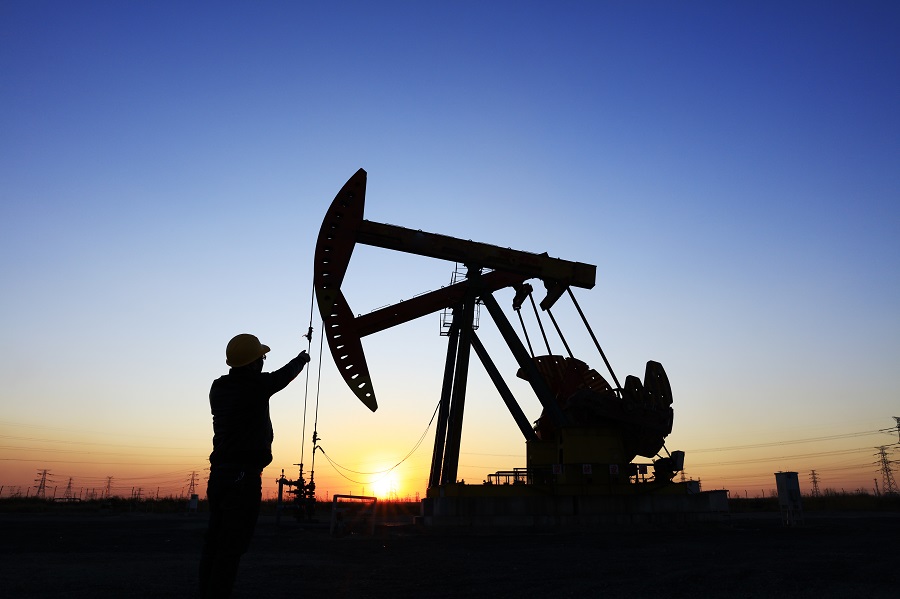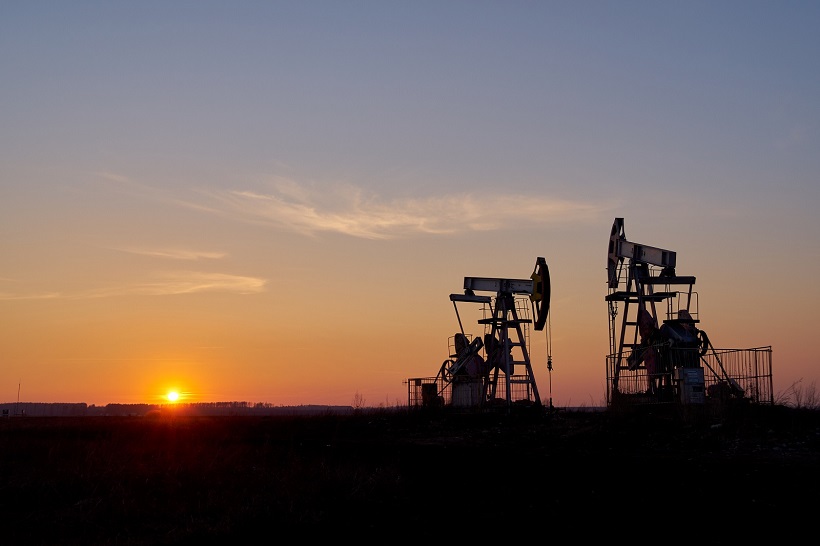headline news news online
Oil giant Saudi Aramco on Sunday unveiled record profits of $48.4 billion in the second quarter of 2022, after Russia’s war in Ukraine and a post-pandemic surge in demand sent crude prices soaring. news online
Net income leapt 90 percent year-on-year for the world’s biggest oil producer, which clocked its second straight quarterly record after announcing $39.5 billion for Q1.
Aramco’s massive Q2 windfall was the biggest quarterly adjusted profit of any listed company worldwide, according to Bloomberg.
The state-owned Saudi firm heads a list of oil majors raking in eye-watering sums after ExxonMobil, Chevron, Shell, TotalEnergies and Eni also revealed multi-billion-dollar profits in Q2.
“While global market volatility and economic uncertainty remain, events during the first half of this year support our view that ongoing investment in our industry is essential,” said Aramco president and CEO Amin H. Nasser.
“In fact, we expect oil demand to continue to grow for the rest of the decade,” he added.
Net income rose 22.7 percent from Q1 in “strong market conditions”, Aramco said. Half-year profits were $87.9 billion, up from $47.2 billion for the same period of 2021.
Aramco will pay an $18.8 billion dividend in Q3, the same as it paid in Q2. It “continues to work on increasing crude oil maximum sustainable capacity from 12 million barrels per day to 13 million by 2027”, its earnings announcement said.
The quarterly profits, the highest since Aramco’s record-breaking IPO in 2019, beat a company-compiled analyst forecast of $46.2 billion.
Aramco shares closed down 0.9 percent at 40.5 riyals ($10.8) on the Saudi stock exchange. They are up 25 percent this year.
- ‘Crown jewel’ –
Aramco floated 1.7 percent of its shares on the Saudi bourse in December 2019, generating $29.4 billion in the world’s biggest initial public offering.
headline news news online
The “crown jewel” and leading source of income for the conservative kingdom temporarily supplanted Apple as the world’s most valuable company in March. It now lies second in the list with a market valuation of $2.4 trillion.

Saudi Arabia has sought to open up and diversify its oil-reliant economy, especially since Mohammed bin Salman’s appointment as crown prince and de facto ruler in 2017.
Despite raising production, Aramco has pledged to reach “operational net zero (carbon) emissions” by 2050. Carbon pollution is tallied in the country that uses the fuel, not where it is produced.
Saudi GDP jumped nearly 12 percent in Q2 on the back of high oil prices, the government announced last month. Abu Dhabi-based energy expert Ibrahim Elghitany said the oil bonanza was a “golden opportunity” for the country.
“Saudi Arabia has recently achieved financial surpluses that it did not achieve during the last decade, which helps to provide financing for its development projects,” Elghitany told AFP.
Nasser said Aramco recovered quickly from a series of attacks by Yemen’s Huthi rebels on its facilities earlier this year, including a dramatic strike in Jeddah that sent smoke billowing during a Formula One practice session in March.
“We were able to restore our production in all these facilities immediately. In a few weeks, all facilities were working and producing at full capacity,” he told a media conference call.
Oil prices have dropped by $30 per barrel from a peak in June due to growing supplies, but remain close to $100.
The OPEC group of oil-producing countries has been gradually raising production, despite pressure from Western leaders including US President Joe Biden — who visited Saudi Arabia last month — to pump more.
Biden’s trip was seen as a climb-down after he previously promised to make Saudi Arabia a “pariah” over the killing of Washington Post columnist Jamal Khashoggi by Saudi agents in Turkey in 2018.
British Prime Minister Boris Johnson has also visited Saudi Arabia since the Russian invasion in February.
High oil prices are contributing to the inflationary pain suffered by consumers worldwide. In June, Biden grumbled that Exxon “made more money than God this year”, advocating higher taxes on oil companies.
ht/th/srm
© Agence France-Presse. All rights are reserved.
headline news news online
Notes from APS Radio News
During the past few years, a number of the world’s central banks have engaged in massive programs of monetary expansion, even as jobs and businesses were lost by way of virus-related restrictions and quarantines. news online
For example, beginning in March of 2020, the US Federal Reserve engaged in a substantially greater program of monetary expansion by purchasing hundreds of billions of dollars of Treasury and corporate bonds.
Since the early part of March 2020 to date, the Federal Reserve has added over $4 trillion to its holdings.
In particular, whereas on or about February 24, 2020, the holdings of the Federal Reserve stood at $4.2 trillion, on or about January 17, 2022, the holdings of the Federal Reserve stood at about $8.9 trillion.
As well, the Federal Reserve has kept interest rates low.
Recently, Jerome Powell, the head of the Federal Reserve, said that he wasn’t concerned about inflation and that, for the none, the Federal Reserve would keep interest rates at low levels.
Another examples is that of the Bank of Japan.
According to Fred Economic Data, as of October 2021, the Bank of Japan’s holdings were about $6.4 trillion or about 725 trillion Yen.
In the early part of March 2020, the Bank of Japan’s holdings were $5.3 holdings. During the period mentioned, the Bank of Japan added over one trillion dollars to its holdings.
A number of corporations have been borrowing money inexpensively and have been purchasing their own shares of stocks, increasing share prices of stocks.
Still, there are concerns among investors.
A number of them have expressed concerns about central banks’ eventually increasing interest rates, as, during the past year, inflation levels have been increasing.
The combination of low interest rates, expansive monetary policies, fiscal stimulus programs, which themselves have infused trillions into the US economy, and shortages of goods and services caused by virus-related restrictions and lockdowns has increased levels of inflation.
Investors also have worried, for example, about announcements that were made by companies like Toyota and VW; months ago, those companies announced that because of shortages of particular types of material, they would be reducing levels of production.

Months ago, the results of a survey of UK manufacturers were released.
That survey indicated that many businesses in the UK were concerned about shortages of supplies.
In general, jobs and businesses have been lost by way of mandates, restrictions and quarantines, which, in their turn, were imposed by way of the virus narrative.
In the US, overall, the mortality rate of the virus is about .069%, according to Statista, an award-winning service.
The recovery rate is over 99% for most age groups.
What has followed in the wake of lockdowns and mandates has been the infusion of trillions of dollars into the US economy, the increasing succeess of online businesses like Amazon and other large online retailers, various bank and tech-related stocks, the shuttering of small to medium-sized businesses and the loss of millions of jobs.
Another result has been the increasing levels of inflation, especially those of food and fuel.
In official terms, for purposes of reporting, the US Labor Department uses what is called “core inflation”.
Core inflation excludes items like food and fuel, as those are deemed too volatile.
headline news news online


